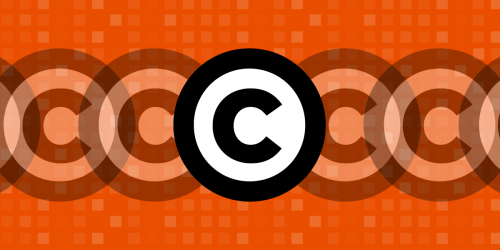Shuts Down Open Source Videogame Server Project
St. Louis, MO - In a decision with dangerous implications for competition, consumer choice, reverse engineering, and innovation, the 8th Circuit Court of Appeals today ruled against three software programmers who created a free, open-source program to allow gamers to play games they purchased with others on the platform of their choice. The court held that the Digital Millennium Copyright Act (DMCA) prohibited the reverse engineering needed to create the program and that "click-wrap" and "browse-wrap" licenses are enforceable to prevent reverse engineering.
The software program, called BnetD, allowed legitimate Blizzard videogame owners to set up their own multiplayer games on the Internet and enjoy dozens of additional features instead of being locked into Blizzard's proprietary Battle.net game service. The Electronic Frontier Foundation (EFF), co-counsel for the programmers, took the case to defend the fair-use right to reverse-engineer software and create new programs that interoperate with older ones.
"This ruling is bad for gamers, but it could also be terrible for the software industry," said EFF Staff Attorney Jason Schultz. "It essentially shuts down any competitor's add-on innovation that customers could enjoy with their legitimately purchased products. Add-on innovation is one of the hottest areas of creativity and economic growth right now in software, and this decision will slow investment and development in that field."
The court ruled that Congress' explicit protections for reverse engineering and add-on innovation in the highly controversial DMCA are too narrow and weak to protect innovators from lawsuits when the software they create is used for illegal copying, even if the copying occurs without the knowledge or participation of the program's creators. The court also ruled that clicking on a EULA's "I Agree" button, common when installing almost any software product purchased today, can be used to force both consumers and competitors out of the marketplace for add-on innovation.
"Those who have been claiming that the DMCA does not threaten reverse engineering are plainly wrong," added Schultz. "The DMCA has become a powerful anticompetitive tool, and that means consumers will see fewer innovative products in the marketplace."
Ruling in the case [PDF]
Contact:
Jason Schultz
Staff Attorney
Electronic Frontier Foundation
jason@eff.org








